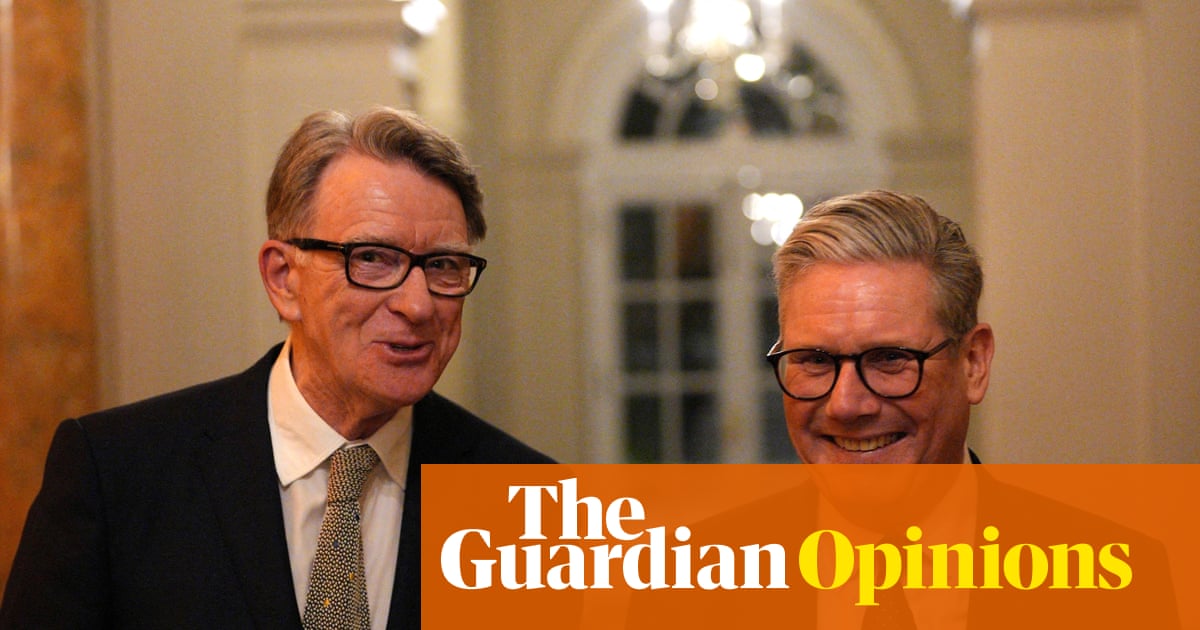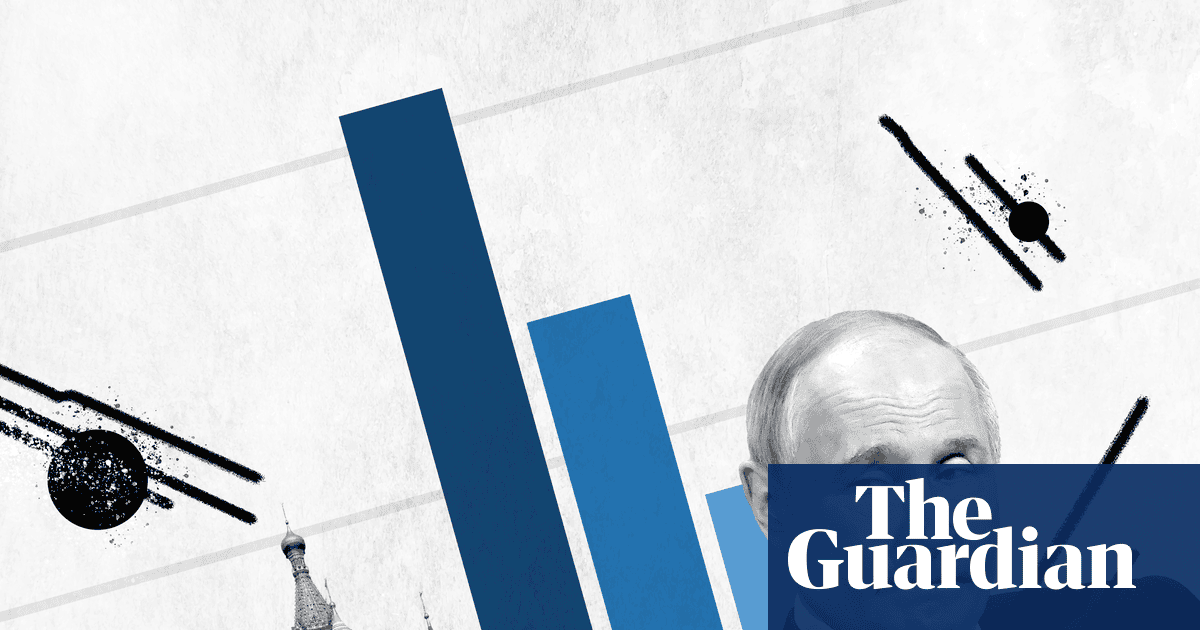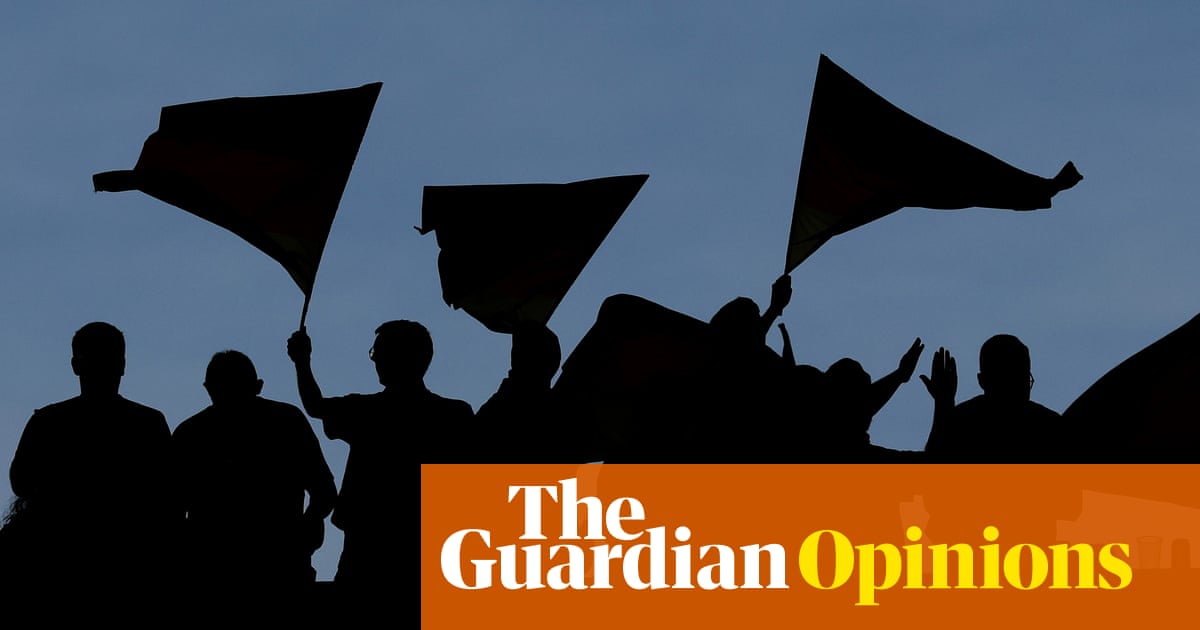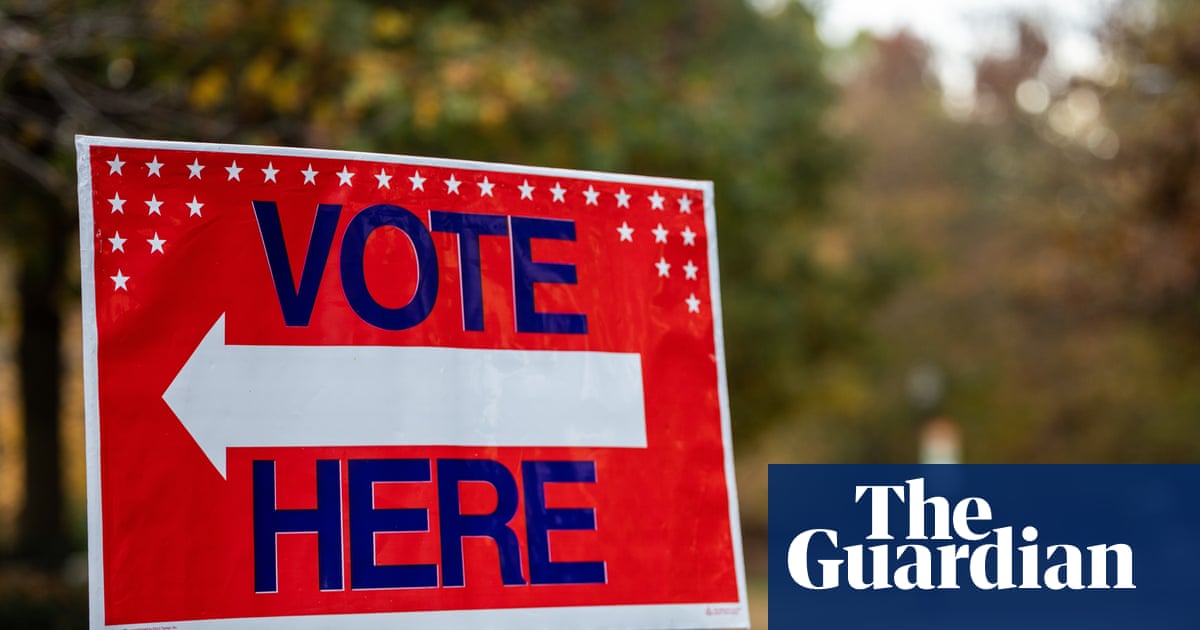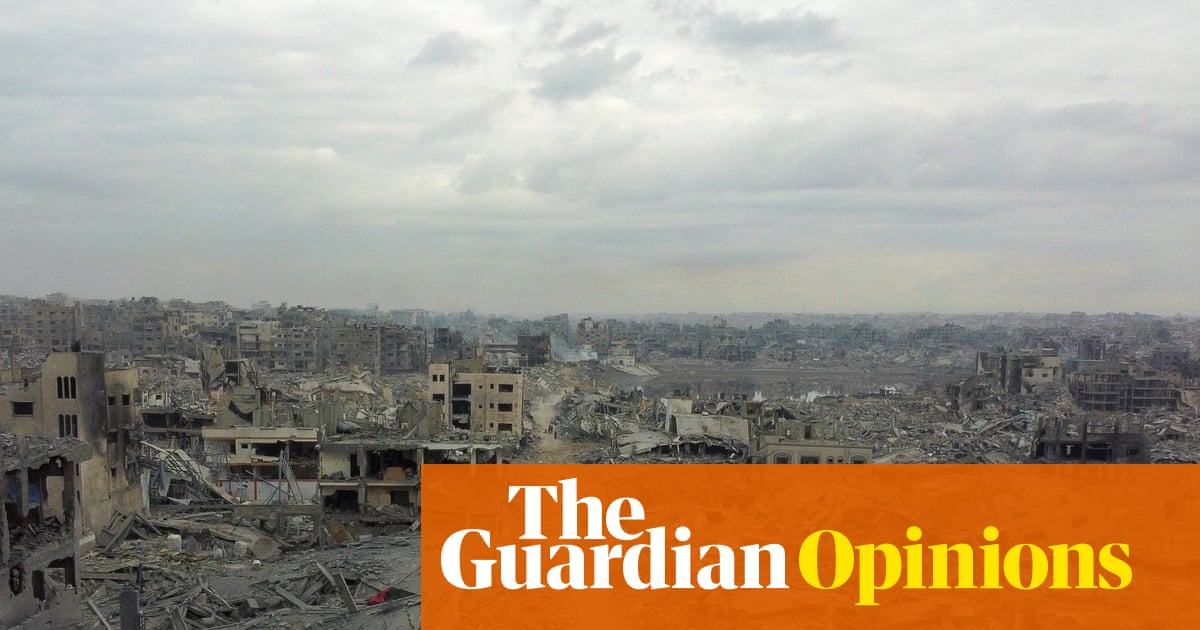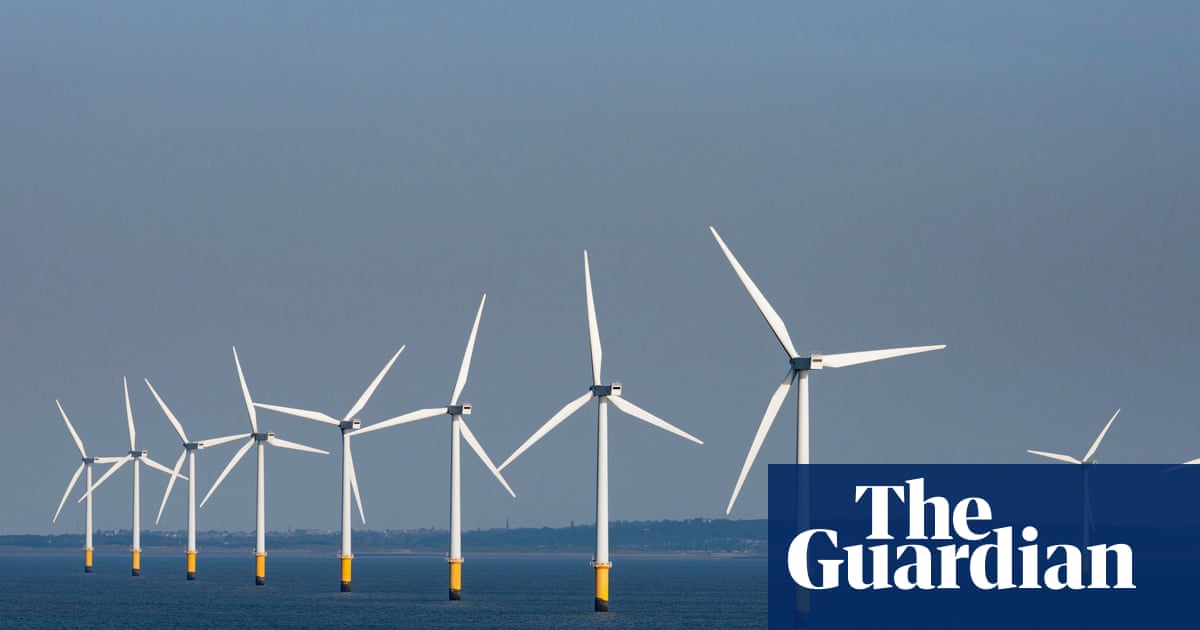Amid international aid cuts and a murky global economic outlook, health ministries and civil society groups around the world are worried about funding basic healthcare and prevention programmes. Public health is in a fragile state: it needs money.
Countries are being advised to increase domestic revenues to bridge shortfalls, and taxing unhealthy products such as tobacco is a win-win. Higher taxes reduce demand and therefore the burden of related disease, while filling government coffers.
The benefits of reducing tobacco use are significant, particularly in low- and middle-income countries, where about 80% of the world’s 1.2 billion tobacco users live, and where the burden of tobacco-related illness and death is heaviest. Tobacco is one of the world’s leading causes of death, killing more than seven million people a year, including about 1.6 million non-smokers exposed to secondhand smoke; many more become sick or disabled.
The economic costs are staggering, estimated at about $1.7tn (£1.3tn) in excess healthcare expenses and productivity losses in 2021 – the equivalent of 1.7% of global gross domestic product. That does not include the costs of tobacco-related environmental harm and food insecurity.
Yet in many countries tobacco taxes remain flat or stubbornly low. The new Global Tobacco Industry Interference Index shows that more than 60 of 100 countries surveyed did not raise tobacco taxes, delayed tax increases, lowered tax rates, or gave tax exemptions if products were manufactured for export in the past two years – often due to industry influence. Gabon, Jamaica and Kuwait, for example, have not increased tobacco taxes since 2017. Scheduled increases were delayed in countries including Ghana and Papua New Guinea.

The index reveals examples of how the industry works to bend governments to its will. Typically, tobacco companies lobby non-health ministries, such as finance, agriculture and trade. Twenty countries were persuaded to collaborate with the tobacco industry to combat illicit trade through memorandums of understanding, training sessions, enforcement activities or the acceptance of resources in kind.
The main industry argument is that higher taxes cause more illicit trade. It is a claim that has been repeatedly debunked in research studies, which show that lack of enforcement, rather than taxes, is responsible for the hidden market. Nevertheless, these collaborations give the industry yet another path to lobby decision-makers, where it can continue to exaggerate the impact of taxes on illicit trade to sow fear among governments.
Tobacco companies lobby finance and trade ministries, claiming that tax increases will harm the sector’s economic contribution, and positioning themselves as good corporate actors. British American Tobacco (BAT) is recognised as a “top taxpayer” in Bangladesh and Pakistan. In Cambodia, Japan Tobacco International was recognised for being one of the largest taxpayers in 2024 – its reward is to be exempted from audit for two years. These measures send the message that these hugely profitable global companies should not have to pay more.
Argentina eliminated the minimum tax on cigarettes, benefiting big companies including Massalin Particulares (Philip Morris International) and BAT, which could further lower prices for their cheaper brands and keep smokers hooked. A former Philip Morris executive is president of the Argentinian mint, contributing to tax policy.
And from Bangladesh to Cameroon, Malawi, Senegal, Solomon Islands, Uruguay and Venezuela, companies secured tax breaks for opening new tobacco factories, promising to use local tobacco leaf, or exporting tobacco – all activities they benefit from anyway. Rather than taking a marginal hit on their massive profits to pay poor tobacco farmers more, companies persuaded governments to subsidise tobacco growers instead.
The big four global cigarette companies in 2024 made $125bn in revenue. Being a top taxpayer does not mean industry could not or should not pay more, particularly as research has revealed the tricks the industry uses to reduce its tax obligations around the world.
Yet too many governments are subsidising wealthy tobacco companies from the global north to sell products that harm health and the environment, while they and their people pay the price. At this critical moment, it is time for change. Tobacco taxes should go up more so people will smoke less and governments can fund other health priorities.

 2 months ago
89
2 months ago
89




